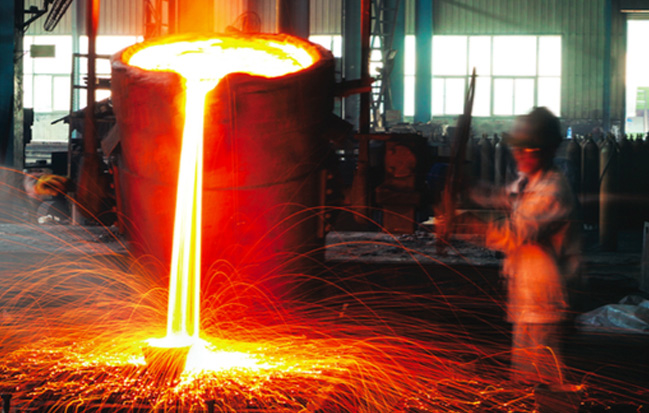As Iran reopens its doors to international business across many sectors, the first Iranian Steel Tube and Pipe Conference kicked off in Tehran yesterday. The two-day conference focuses on Oil Country Tubular Goods (OCTG) and line pipe products, with expert speakers from Iran and around the world.
SOHAR Commercial Manager Middle East, Anders Kron, is one of the keynote speakers at the conference, the first of its kind in Iran following the lifting of international nuclear-related sanctions in January 2016, a move that has started to transform Iran`s political and economic climate. The international event covers the whole supply chain from raw materials, through trade routes and pricing, process technology, tube and pipe production, to end users and demand drivers.

Mr. Kron described SOHAR Port and Freezone to delegates as the new metals Gateway to the Gulf, thanks to strong historical ties between Oman and Iran, and the proximity of the two nations, a distance of barely more than 50km by sea. SOHAR is already home to a significant international metals cluster with iron and steel producers including Vale from Brazil; Jindal from India; Changbao from China; and Sohar Steel from Oman. Thanks to investments today totalling over US$25 billion, and seamless sea/road/air connectivity to Saudi Arabia and the UAE, SOHAR is one of the world’s fastest growing Port and Freezone developments.
SOHAR CEO, Andre Toet, said: “Iran is the largest steel maker in the MENA region and is currently attracting investments from all over the world into its iron and steel industries. The conference in Tehran allows us to gain crucial insights into the Iranian market and this opportunity for face-to-face networking with leading Iranian steel companies is the ideal platform to showcase everything that SOHAR has to offer.”
With huge new projects planned in the South Pars oilfields and a multitude of oil, gas and water pipelines planned in Iran, there is much to discuss at the conference. The World Steel Association (WSA) said Iran’s raw steel output in January totalled 1.4 million tons, rising nearly 20 per cent compared to the same period last year. In February, Iran announced that it is investing more than $2.2 billion in its steel industry, as the country plans to build seven new facilities to boost steel production capacity and become a net exporter. Experts predict that the Islamic Republic will be able to produce 55 million tons of crude steel per year within ten years.